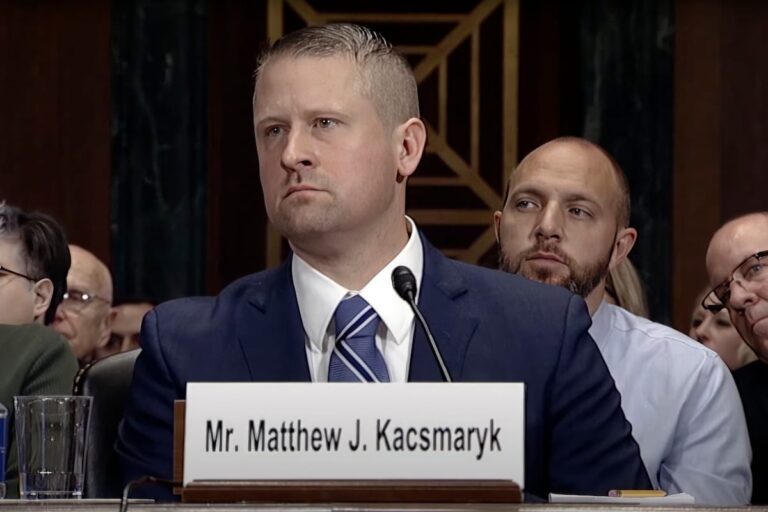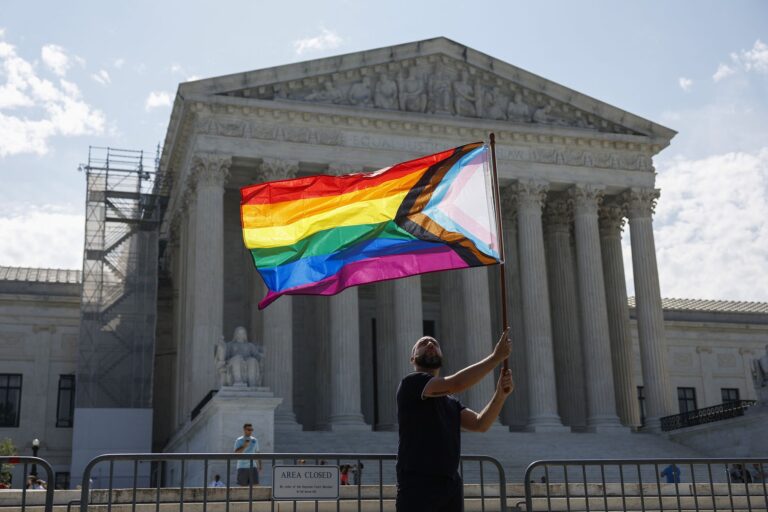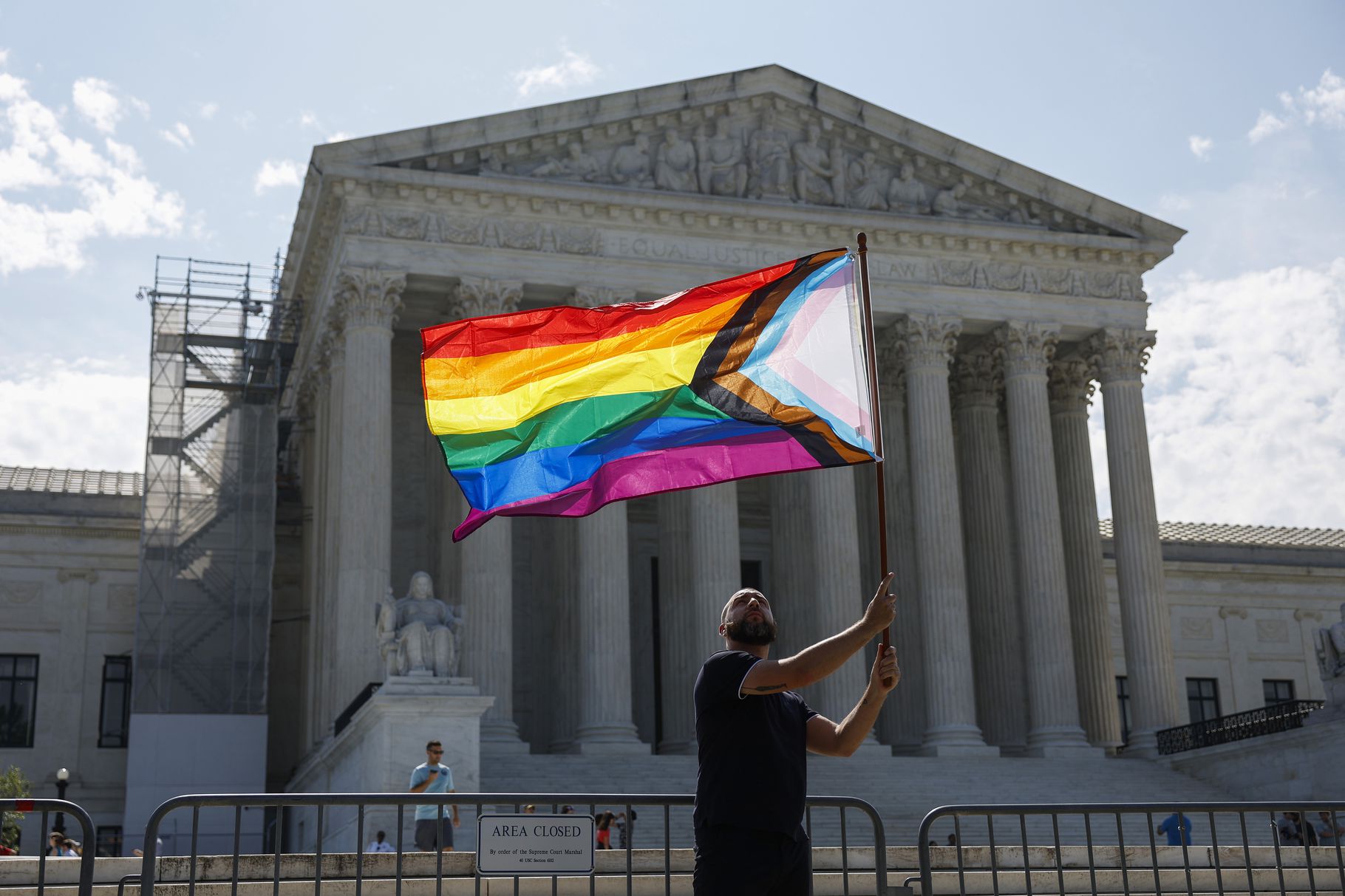Inspired by Thurgood Marshall, he went to law school and crushed the bar exam
More of This
Matthew Graham owes his new career path to his fraternity brothers and Thurgood Marshall, the late Supreme Court justice.
Marshall, also a member of the Black fraternity Alpha Phi Alpha, was a civil rights leader who became the first Black justice on the Supreme Court. Marshall’s story convinced Graham he, too, could become a lawyer.
But Marshall’s success was not the only reason Graham stayed in law school. It was also the fact he saw so few law students who looked like him.
“Representation matters to me. I want to be an example to my children, my family, and the African American community,” Graham told CNN.
Read story on CNN
The most harmful decisions may have come from district courts, not SCOTUS
Less of This

The worst federal court decisions may not have come from the Supreme Court. If you are concerned about contempt for precedent, partisan hackery and judicial hubris, take a look at what district court judges have been doing.
There was U.S. District Judge Matthew J. Kacsmaryk’s atrocious ruling in April reversing the Food and Drug Administration’s 2-decades-old approval of the abortion pill mifepristone. He obliterated any notion of standing, ignored the six-year statute of limitations for challenging FDA approvals, spewed a raft of right-wing disinformation and ignored decades of medical data. The Biden administration successfully appealed issuance of a nationwide injunction.
And let’s not forget the unsupportable ruling from U.S. District Judge Aileen M. Cannon of Florida putting her finger on the scale to try to block the Justice Department from reviewing secret documents hoarded by former president Donald Trump.
Read the story on Washington Post
The importance not normalizing the Supreme Court
Speaking Of...

Chief Justice John Roberts ended his final opinion of the Supreme Court’s just-completed term by scolding his liberal colleagues. “It has become a disturbing feature of some recent opinions to criticize the decisions with which they disagree as going beyond the proper role of the judiciary,” Roberts wrote in response to a dissenting opinion by Justice Elena Kagan — which laid out in detail how Roberts and his fellow Republican appointees had just gone far beyond the proper role of the judiciary.
Nor was Roberts the only justice this year who intimated that the justices’ rulings are beyond criticism. In an interview published by the Wall Street Journal in April, Justice Samuel Alito complained that the justices “are being hammered daily” by critics, falsely claiming that this level of disparagement is “new during my lifetime.” He also claimed that lawyers, the very people who are most educated about the courts and most capable of explaining their shortcomings, have a special obligation to defend his Court against criticism.
Read the story on Vox
A monumental LGBTQ+ case is heading to the Supreme Court
Stay Vigilant

In recent months, Republican lawmakers in many states enacted laws targeting LGBTQ Americans, attempting to shut down their right to free expression and even deny them medical care, among other things. Until Saturday, however, civil rights lawyers challenging these laws fared surprisingly well in federal court, convincing even many Republican judges.
The United States Court of Appeals for the Sixth Circuit’s decision in L.W. v. Skrmetti, threatens to upend all of that. Before L.W. was handed down this past weekend, there was a consensus among federal courts that the Constitution prohibits states from banning gender-affirming medical care.
L.W. destroys that consensus. It reinstated a Tennessee law, previously blocked by a federal trial court, that prohibits gender-affirming care for transgender patients under the age of 18. And the Sixth Circuit’s opinion was written by Chief Judge Jeffrey Sutton, a widely respected judge, especially among the Supreme Court’s GOP-appointed majority.
Read the story on Vox










